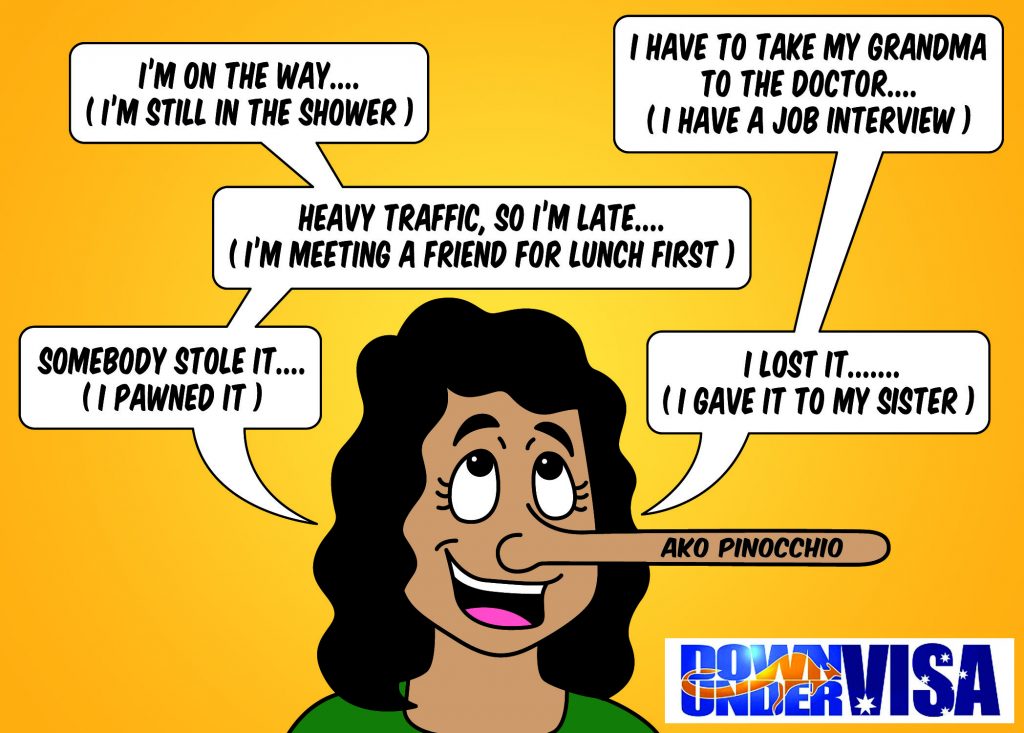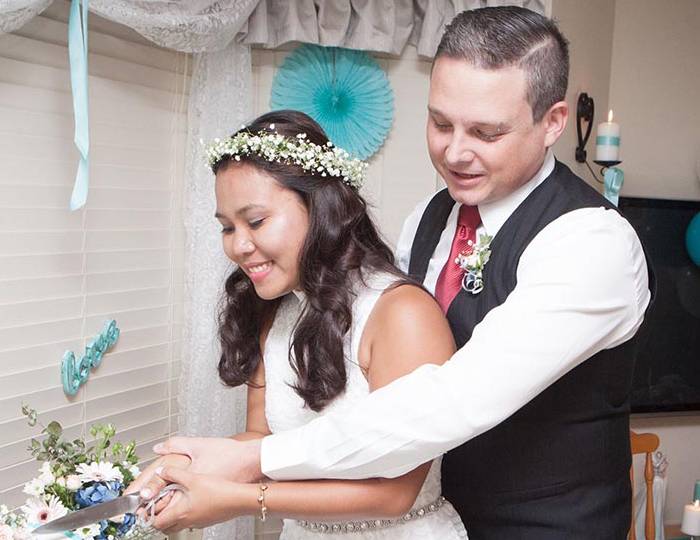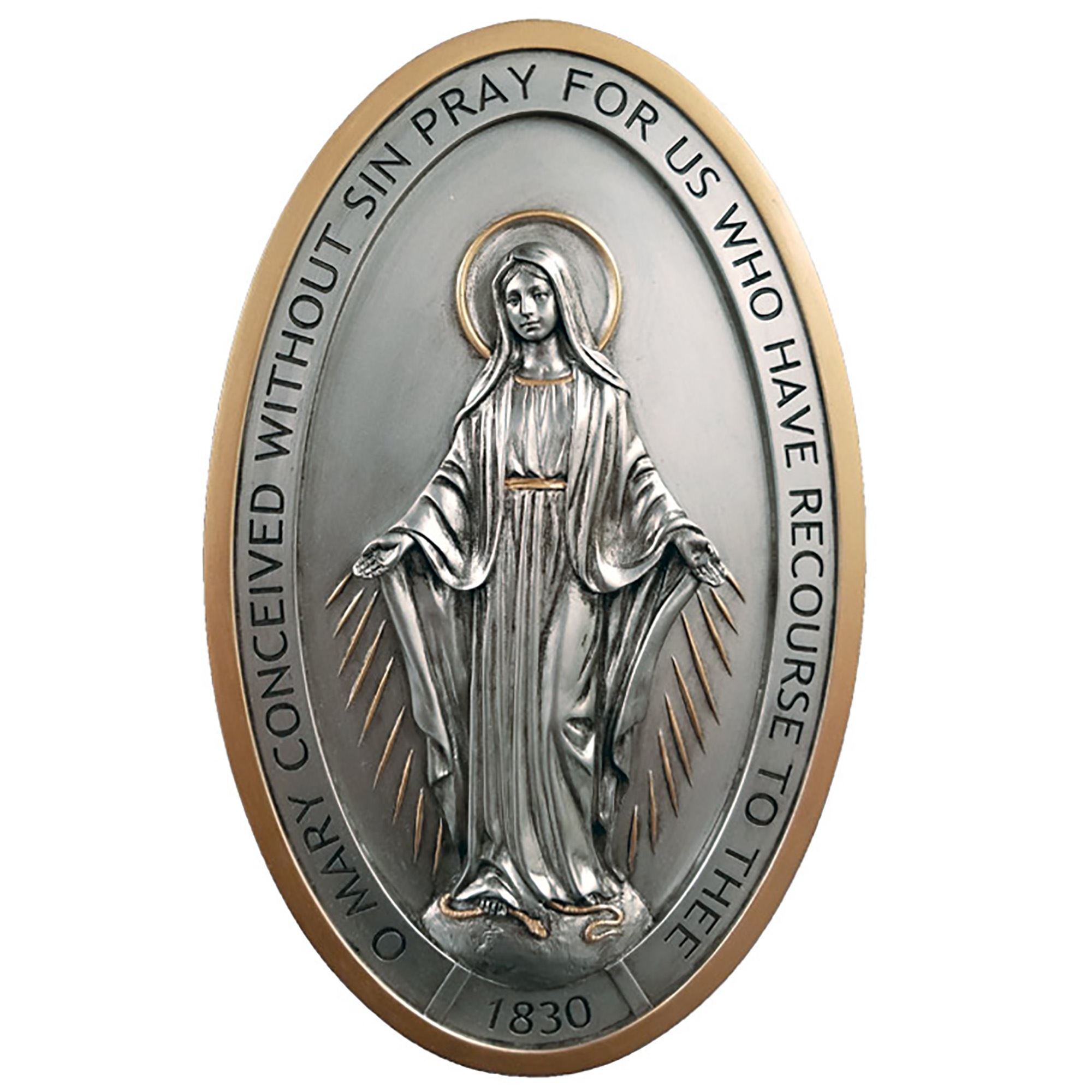I know and you probably know that there are a million articles out there about scams and scammers in the Philippines. Yes, they exist and many of us have been caught out trusting the wrong person in the Philippines and seen money and rightful owner quickly parting ways. This is NOT going to be one of those articles!
What I want to write about is an area that I have enormous difficulty with, and that is with straight-talking. It’s a cross-cultural issue! Australians are straight talking, and Filipinos? Well, no. Not at all. And this is where the confusion comes from. It certainly confuses me, and I would imagine many others in Australian Filipina relationships.

Straight talking Australians in the Philippines
You know how you can convince an Aussie of a particular fact? You TELL him! For most of us, it’s as simple as that! Unless we know that person is a pathological liar, Australians tend to take most of what we hear at face value. “Why didn’t Bill go to work yesterday?” “Because he twisted his ankle.” “How do you know?” “Because he TOLD me!” That’s how most of us function.
Anyone see the movie “The Invention of Lying?” If you haven’t, you should. Please have a look at the following video clip:
This could easily be a group of straight talking Australian men! I know I could easily see myself doing this, because I do it now all the time. Even after 8 years of living full time in the Philippines, I don’t naturally question the validity of what I hear. Thank goodness my wife is here to point out the possibilities of alternatives (ie that they may be LYING!) or I don’t know how I’d cope.
We’re all products of our culture, ie our society and our upbringing. We deal with things the way we see others dealing with them. Most Australians don’t really think of alternatives to the truth, and we see no reason in most circumstances to “soften” or to divert to a different answer. Australians generally tell the truth, and we come to expect that of others.
Filipinos and Flexible Truth
I’m not talking about Filipino scamming and conning here. Again, that doesn’t apply to all or even most Filipinos, and I’m definitely not implying evil intentions. What I’m talking about is what generally could be called “white lies”. Presenting an easier or more pleasant answer usually to avoid confrontation or hurt feelings.
Filipinos are always concerned about social harmony. Whether somebody will get offended by a straight answer, or whether it will cause embarrassment to the one answering or to anybody else involved. The answer is usually the nicest thing they can come up with at the time, and to most Filipinos it’s just the right way to handle things. They’ve grown up that way.
I did an article last year on FilipinaWives about the “Onion Skin” phenomena. Filipinos are rarely used to being confronted directly, and don’t take it very well because they’re not used to it. Directness is associated with serious aggression, and is sometimes a forerunner to something violent like getting out a gun.
The Australian Filipina differences
So you have this difference in how we were brought up, and what’s considered to be good and acceptable behavior in Australian society versus Philippines society. And therefore Filipinos and Australians have natural behavior, observations and comprehension that is very different.
Australians see directness and uncompromising truth as being a quality and an expectation. Filipinos see it as scary, confrontational and bad manners if it causes any form of embarrassment, disappointment or hurt feelings. Aussie hears something and thinks “OK! There’s my answer!” Filipino thinks “They probably just don’t want to tell me because they’re embarrassed, and that’s OK.” Both trying to do the right thing, yet sometimes knocking heads together.
And the problem comes from when the blunt Aussie simply tells it how it is, and the Filipino freaks out and assumes (a) the Australian must be very very angry and (b) knows he/she needs to get the hell out of such a hostile environment quickly.
And the problem also occurs when the Filipino comes up with a “soft” answer (ie doesn’t tell the truth!), because thinks the truth will be coarse and upsetting either to the teller or the receiver. And the Aussie gets annoyed because the Filipino dared to tell them something other than the simple truth!
Solution
So what is the solution to all of this? Wish I knew a simple answer! I struggle with it regularly. I never know when I’m being told creative stories, and I continue to accept what I’m told at face-value. Solution? Do what I did! Get a good wife whom you know is on your side and has learned to be direct with you herself. She can help “translate” for you and say “Well, actually…….she probably just didn’t want to say….” And try not to get offended by the difference. I realise on thinking about it that I take these things in my stride far more than I used to, so I must be making some progress. I’m sure you can do the same.









 ALL written content on this site is written by Jeff Harvie RMA. Not by "Content Creators". Not by marketing specialists. And definitely NOT by AI. The same applies to assessments and responses to emails. Visa advice always provided by Jeff Harvie RMA. Be assured we take our dealings with you seriously and professionally.
ALL written content on this site is written by Jeff Harvie RMA. Not by "Content Creators". Not by marketing specialists. And definitely NOT by AI. The same applies to assessments and responses to emails. Visa advice always provided by Jeff Harvie RMA. Be assured we take our dealings with you seriously and professionally.


Hey Jeff
Great and important article.
Thank you appreciated.
Ray
A great article and spot on.
Thankyou for your frankness. I am filipino myself who spent more time being in the west like the US and Australia. Rest assured it is true that there is indeed lying as part of the culture. This is prevalent in both christian and muslim filipinos. Never learned to be that sneaky but can pick up on it. Never fit in with other filipinos as a result. Took the straight path, very hard. Grandpa was a texan.
Texans and Aussies have a lot in common. I used to work in the bush in Australia. A handshake was a reliable contract!
I’m discovering this years after you wrote it. It is still really helpful. I dated a Filipino guy. Even now I’m uncovering things he lied about. It always seemed really unnecessary. What was odd to me is that he grew up in Canada. So I thought he might understand that an American wouldn’t appreciate lying. I had lived abroad in Japan and dated there. There is some lying there too. But my ex in Japan was a bit of a rebel and not into the lying. I wish I had know how to handle the lying better. I really loved him and still do.